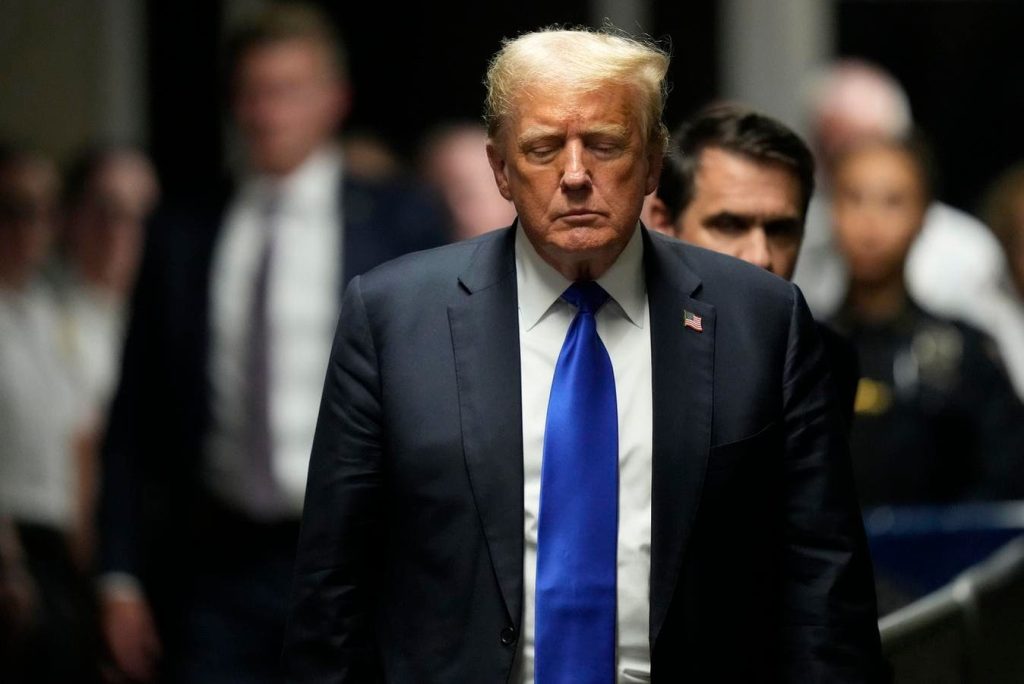Canadian billionaire Robert Miller, aged 80, faced a shocking turn of events as he was arrested at his Montreal home on Thursday on 21 sex crime charges, including sexual assault, sexual exploitation of minors, and obtaining sexual services for consideration. These allegations are said to involve 10 women, eight of whom were minors at the time, and span from 1994 to 2006. The arrest was a result of a year-long investigation by Montreal police initiated by a CBC News report in which ten women claimed Miller paid them for sexual services while they were underage. Additional accusers have come forward since the initial report.
Despite suffering from Parkinson’s disease and cardiac illnesses in the advanced stages, Miller’s attorneys stated that he was unable to appear in court on Thursday due to health concerns. He was released by police on the condition that he appears in court on July 3. Miller vehemently denied the allegations cited in the CBC report and declared his determination to defend his reputation, fight for the truth, and refute the false allegations. Notably, the billionaire had stepped down as CEO of Future Electronics in February 2023 and sold the company to WT Microelectronics in a $3.8 billion deal. With an estimated net worth of $2.6 billion, the legal battle ahead will likely have significant implications for Miller’s financial standing.
On the same eventful day, former President Donald Trump faced a jury’s decision that found him guilty on 34 felony counts of falsifying business records in an attempt to influence the 2016 election. This historic ruling marked the first occurrence of a former or sitting president facing criminal charges with possible severe consequences. Trump, who awaits sentencing and could potentially face up to 136 years in prison along with fines of up to $170,000, vehemently refuted the accusations outside the courtroom, labeling the judgment as a disgrace and denouncing the trial as rigged. The legal challenges faced by Miller and Trump showcase the increased scrutiny faced by powerful individuals in the current social and legal climate.
The arrests and legal battles of billionaires are not isolated incidents, as there have been numerous high-profile cases involving members of the three-comma club facing charges and serving sentences for a range of crimes. From drug trafficking to insider trading, the legal repercussions for those in the billionaire stratosphere have varied extensively. Notable figures like Joaquín Guzmán Loera, Allen Stanford, and Raj Rajaratnam have faced significant prison sentences for their crimes, with some serving life terms. The cases of these individuals underscore the consequences that can result from illegal activities, regardless of one’s financial status.
Some billionaires, including Michael Milken and John Kapoor, have been able to secure pardons or early releases through legal avenues or advocacy efforts. Despite serving prison time or facing hefty fines, individuals like Milken have transitioned their focus to philanthropy and economic initiatives upon release. The varying outcomes of these cases highlight the complexities of navigating the legal system as a person of immense wealth and influence. The intersection of power, privilege, and crime is a recurring theme in cases involving billionaires, prompting scrutiny and reflection on the systems in place for holding individuals accountable for their actions.
The stories of individuals like Elizabeth Holmes, who transformed from a self-made billionaire to a convicted fraudster, serve as cautionary tales of the pitfalls that can accompany immense success. With notable cases like Holmes’ Theranos scandal and the downfall of figures like Sam Bankman-Fried due to financial misconduct, the narrative of wealth and power coming at a high cost continues to play out in the public eye. The legal aftermath of these situations often results in significant financial penalties, loss of reputation, and, in certain cases, considerable prison sentences. The complexities and nuances of these legal battles underscore the challenges faced by both the accused individuals and the judicial system in addressing crimes committed by the ultra-wealthy.
In the context of recent billionaire legal battles, the contrasting fates of figures like S. Curtis Johnson and Joe Lewis highlight the diverse outcomes that can result from legal proceedings involving wealthy individuals. From minor jail sentences for charges like sexual assault to probation and substantial fines for insider trading, the range of consequences underscores the multifaceted nature of justice and accountability. The cases of individuals like Thomas Kwok and Jay Y. Lee, who faced bribery charges and served time in prison before being released on parole, raise questions about the efficacy of legal systems in addressing white-collar crimes at the highest levels of society. Ultimately, the cases of billionaires facing legal challenges shed light on the complexities of wealth, power, and justice in the modern world.


